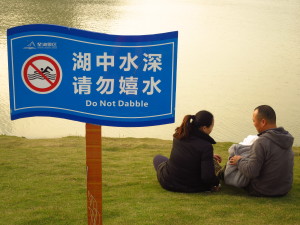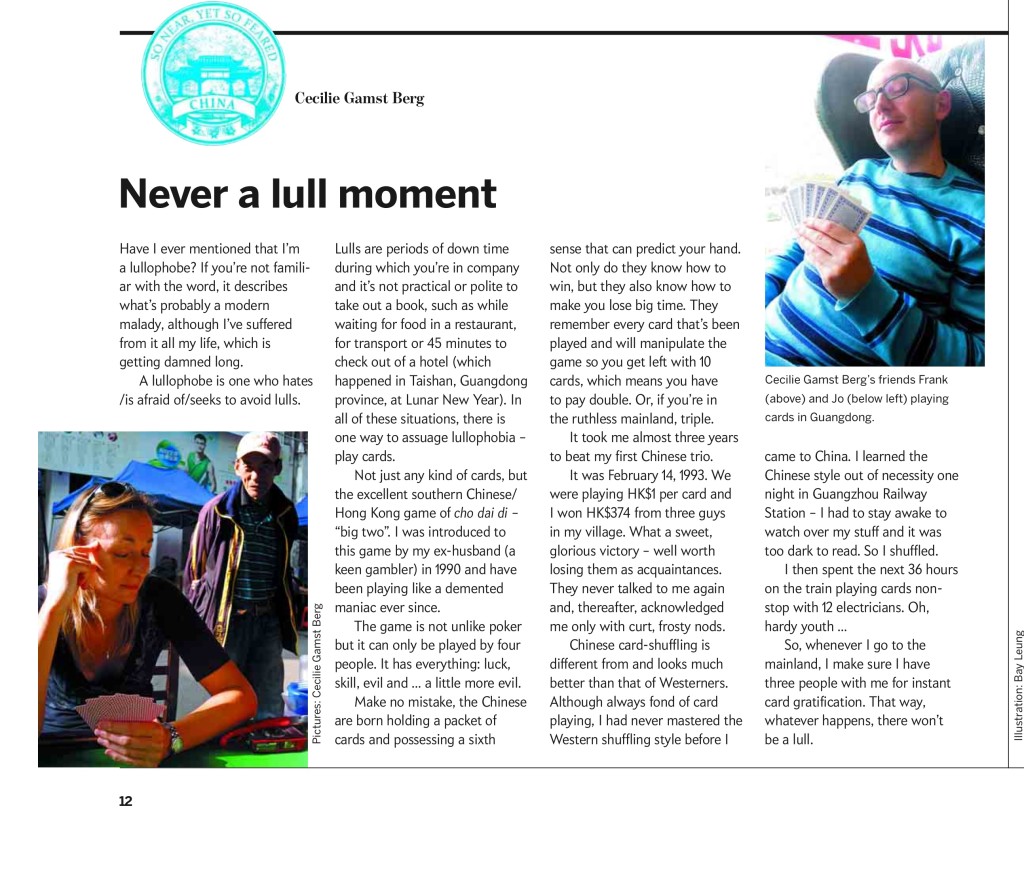- Details
It’s So Close, I can Almost Feel Its Rancid Breath …
Yes, soon you’ll be able to download more than three hours of Canto magic from this very site!I met my computer expert friend yesterday behind the third toilet from the left, and handed over the →
PODCAST!!!! Warning: Contains Interview With Longhair!
Friday I went to Victoria Park to see what the people are against this year. Many of them were very against Stephen Lam (林瑞麟)Lam Seui Leun, who they called a (something) dog. Not running dog, →
Imperialistic Shit-Language
There is something about the internet that brings out the worst in people, like road rage. But also, of course, the best. People become so kind on behalf of others, on the internet. Last week, →
Naked Cantonese Is No More
It is with great sadness I must inform our irate but faithful listeners that Poddie Castie number 200 is soon coming up, and that it will herald →
A Pox on Sunny Vision and all their Descendants
I was hoping I’d never have to write this (again) but here it is: My blog www.chinadroll.com has disappeared from view, and it’s SO not my fault. I was a customer of theirs for 3 →
New Podcast: TRAINCAST
Ah-Laan and I were on a train the other day, playing cards with dudes. Suddenly we were talking some seriously bad language … Outcast 2. Traincast
AT LAST! Mac has joined the normal world
Joy to the world, my life is complete. For ages I’ve been writing Chinese characters in the worst way invented by man; by typing the words in pinyin, in other words Mandarin, imperialist communist speech-language. →
- Details
A Movable Feast (But not very far)
Saturday night! What a brilliant night. Above is the table just before the hordes (12 people) started pouring in. I hosted, cooked Sichuan food for and expressed my life through the medium of dance (optional) →
Bunk Demythed! I Mean Myth Debunked!
Last weekend a group of three ecstatic revellers hopped on the ferry to Jung Saan (Zhongshan) and got straight in a taxi at the ferry pier and darted into the hinterland. In the lovely, slightly →
Guangdong Province! The Best Province with the Best People. It’s Yuge!
Guangdong is the best province in China, and not because of Cantonese! It’s got the friendliest people and the best hovelage. And today I’m off to savour her charms again! I just thought I’d share →
Hainan Highlights and Playing on a Swing
Last night I had a wonderful time in Central with my friend formerly known as J. Yes, I said ‘formerly’! For that was her name in the many South China Morning Post columns she appeared →
Wild Shenzhen Extravaganza
I always have a good time in Shenzhen’s famed Lo Wu Shopping Centre, even after several hours of “missy missy looking, you buy sunglass okay.” Still, I could really do with less nagging. My student →
CantoNews: Cecilie and Nick Venture Forth to Graze
… all the way to the throbbing metropolis of Mui Wo – La Pizzeria to be exact!
Chatting with Author
Listen to the interview with famous Lantau author Jane Huong who isn’t Vietnamese or Malaysian, but married to a Hong Kong guy who wanted to spell his surname (Hung) differently from the herd. And talking →
CantoNews Live from the Throbbing Metropolis of Mui Wo
Nick (a.k.a. Cassette) and I go to an Italian restaurant in the throbbing metropolis of Mui Wo, centre of the universe and make a programme about lots of interesting things – specifically the idiotic spelling →
Last Column
Yesterday I had an email from a … person, who said: “I sobbed vehemently when I saw your last Sunday Morning Post entry had come and gone.” Me too, mate, me too. Except I didn’t →
Happy Hong Kong Celebration of the Glorious Return to the Motherland Day Extravaganza!
July 1st! July 1st! That day in year zero for Hong Kong, 1997, it was rather wet. OK, it torrentially bucketed down for about three weeks before and after that momentous day. Coincidence? I think →
Contact us today
Email info@learncantonese.com.hk
to find out how you can start learning Cantonese.



